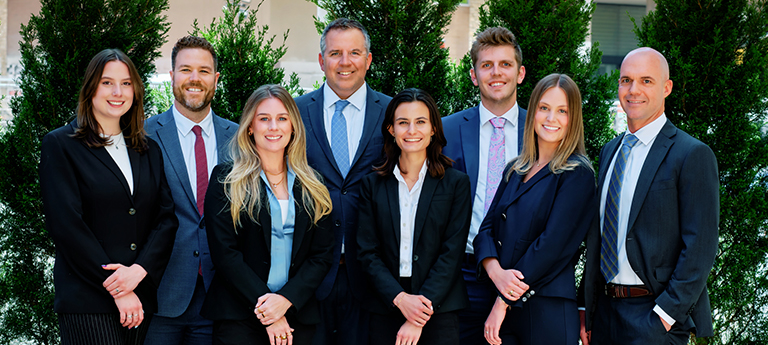 Peer pressure is a powerful force, especially during the teenage years. Most parents remember the feeling of wanting to fit in, even if it meant making choices they later regretted. However, for some teens, giving in to peer pressure can result in something far more serious than a bad haircut or poor grades. It can lead to juvenile criminal charges in Colorado that carry lasting consequences.
Peer pressure is a powerful force, especially during the teenage years. Most parents remember the feeling of wanting to fit in, even if it meant making choices they later regretted. However, for some teens, giving in to peer pressure can result in something far more serious than a bad haircut or poor grades. It can lead to juvenile criminal charges in Colorado that carry lasting consequences.
If your child has been charged with a crime after being influenced by friends or classmates, you’re likely feeling overwhelmed, confused, and more than a little worried. You’re not alone—and you’re not powerless. With the right legal approach, protecting your teen’s future is often possible while helping them learn from the experience.
Here’s what you need to know.
Peer Pressure Isn’t a Legal Defense—But It Can Matter
First, let’s be clear: saying “my friends made me do it” is not a legal defense in Colorado. However, the surrounding circumstances—including your child’s age, maturity level, and involvement—can influence how the case is handled.
For example, a teen who played a minor role in a group offense (say, being present during a shoplifting incident but not stealing anything themselves) may be eligible for diversion or a reduced charge, especially if this is their first offense.
Judges, prosecutors, and juvenile justice professionals often consider peer influence when deciding whether to offer alternatives to formal adjudication.
How Juvenile Charges Work in Colorado
When a minor is arrested in Colorado, their case usually goes through the juvenile justice system, which operates separately from adult criminal court. The system is designed with rehabilitation in mind, but that doesn’t mean it’s lenient or easy to navigate.
- Possible outcomes of a juvenile case include:
- Diversion programs (which allow a teen to avoid a formal record)
- Probation
- Community service
- Counseling or treatment programs
- Placement in a juvenile detention facility
Each case is different, and the outcome depends on many factors—the charges, whether the teen has a prior record, how cooperative they are, and whether there’s a clear support system at home.
This is where an experienced defense attorney can make a big difference. A lawyer familiar with Colorado’s juvenile system can help present your child’s situation in the most favorable light and protect their future.
Importance of Early Legal Help
If your child has been charged or is under investigation, getting legal help early is critical. Don’t wait to see what happens. Even informal interviews or school-based questioning can shape the direction of the case.
A juvenile defense attorney can:
- Intervene before charges are formally filed
- Help secure a diversion agreement or deferred adjudication
- Ensure your teen’s rights are protected during questioning
- Advocate for a second chance, not a permanent mark on their record
Families are often surprised by how harsh the process can feel, even for first-time offenses. That’s why having someone on your side who knows the system and can guide you through it is so important.
Helping Teens Take Responsibility—Without Being Defined by a Mistake
Teens make impulsive choices. Sometimes, those choices have consequences that reach further than they ever imagined. But one mistake, especially one made under peer pressure, shouldn’t define your child for the rest of their life.
The goal of a strong defense isn’t just to fight the charge—it’s to make sure your teen is treated fairly, given the chance to grow, and not saddled with a criminal record that limits their future options.
We’re Here to Help
Is your child facing juvenile criminal charges in Colorado? Do you believe peer pressure played a role? Don’t try to handle it alone. Reach out today to The Juba Law Office to speak with an experienced juvenile defense attorney who can help protect your child’s future and find a path forward.












